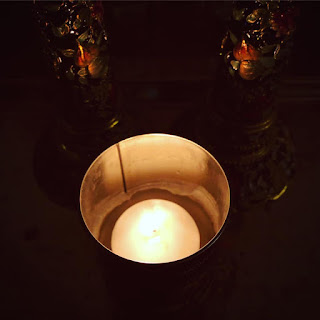The Aftermath (Sermon for the Poway Chabad Synagogue)

Parashat Acharei Mot 2019 Rabbi Esther Hugenholtz The Aftermath ‘ Vayidom Aharon ’ – ‘and Aaron was silent’. Thus the Torah tells us, three parshiyot ago, before Parashat Tazria, Metzora and even our Parashah today, Acharei Mot. In Parashat Shemini, we read the chilling account of the death of Aaron’s sons, Nadav and Avihu. In a cryptic incident, they offer ‘aish zarah’, ‘alien fire’ upon the altar. Many commentators condemn them for defiling the newly-inaugurated Tabernacle through an unaccounted offering. Some commentators, like the Ohr haChaim, praise their initiative of religious enthusiasm and devotion. Be what may, God strikes the two young Priests down. Moses offers a strange response to the tragedy: “This is what the Eternal meant when God said, ‘through those near to Me I show Myself holy, and gain glory before all the people’.” (Lev. 10:3) Was Moses offering words of consolation or criticism? Was he channelings God’s condemnation or approval of the ‘...
